Verbeke report on Kosovo stirs UN debate
Belgian Ambassador Johan Verbeke submits report to Security Council on the fact-finding mission’s visit to Kosovo.
Friday, 11.05.2007.
09:27

Verbeke report on Kosovo stirs UN debate
Johan Verbeke who lead the UN fact-finding mission that visited Kosovo last month, said in his report that the situation in Kosovo was stable but fragile, with the Albanian side certain in the outcome of the status settlement process and Kosovo Serbs concerned by future prospects.The report also said that Kosovo's society was still recovering from the wounds inflicted by the conflict, with the province's Albanian and Serb communities living, to a large extent, separately from each other.
“It would take time, patience and the long-term commitment of all concerned sides to provide for full reconciliation and efficient integration in the province. Readiness to build a multi-ethnic Kosovo conveyed by Kosovo's political leaders was encouraging,” the report stated.
However, the report added that progress made in the return of refugees was unsatisfactory due to security problems, the lack of freedom of movement and economic prerequisites.
Verbeke’s report was a routine conclusion to the mission’s work, but it managed to provoke a debate that again brought to the surface diverging views on future steps in the status settlement process.
Russia refused to rule out a veto on a UN plan for Kosovo to become independent from Serbia, saying it needed to keep all options open on a proposal strongly opposed by its allies in Belgrade, Reuters reported.
Speaking after a Security Council debate on Kosovo, Russia's UN ambassador, Vitaly Churkin, also spoke of irreconcilable differences between Western and Russian ideas for next steps in the Serb province.
But Churkin made no specific veto threat and, despite his uncompromising tone, Western envoys suggested Russia was being more flexible in closed-door negotiations on a resolution following the plan proposed by UN mediator Martti Ahtisaari.
The United States and Europeans have drawn up elements for a resolution that would lead to independence for Kosovo, while a rival Russian text says conditions for minority Serbs are not yet in place and negotiations should continue.
The key measure in the U.S.-European text is an endorsement of recommendations by Ahtisaari that would give virtual independence to Kosovo under the auspice of the European Union.
"There are some points in those elements which clearly cannot be reconciled," Churkin said, referring to the two skeleton drafts.
Asked whether Russia was considering a veto, he said that "this was certainly a threshold situation in terms of international law, so it required the need to use all options available in case strong views need to be protected."
U.S. Ambassador to the UN Zalmay Khalilzad said he believed that, absent a Russian veto, the council would approve the plan.
Khalilzad said he believes that a majority of UN SC members supported Ahtisaari's plan.
"I believe the votes are there for supporting the Ahtisaari plan, assuming there is no Russian veto," he told reporters.
To pass, a resolution needs nine out of 15 votes and no veto by the United States, Russia, Britain, France or China.
In the debate, apart from Russia, China also called for continued negotiations, while Western envoys said it was time to go ahead with the U.N. plan. Panama proposed a compromise of adopting the plan after a six-month delay for further talks.
Western countries say the negotiations have proven that the Serbs and Albanians cannot agree and it is pointless to pursue them.















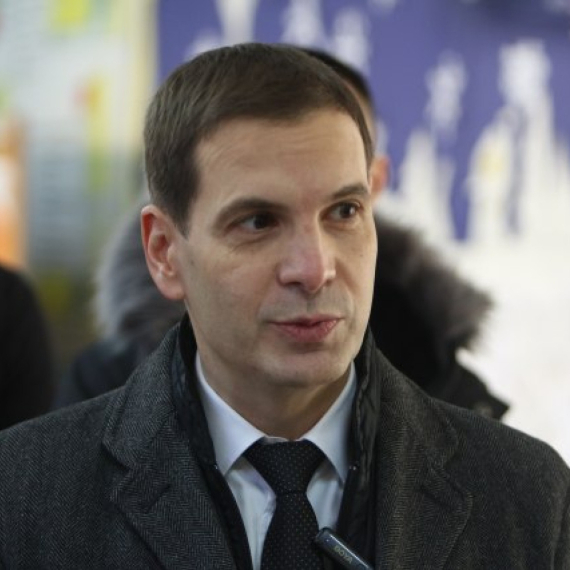
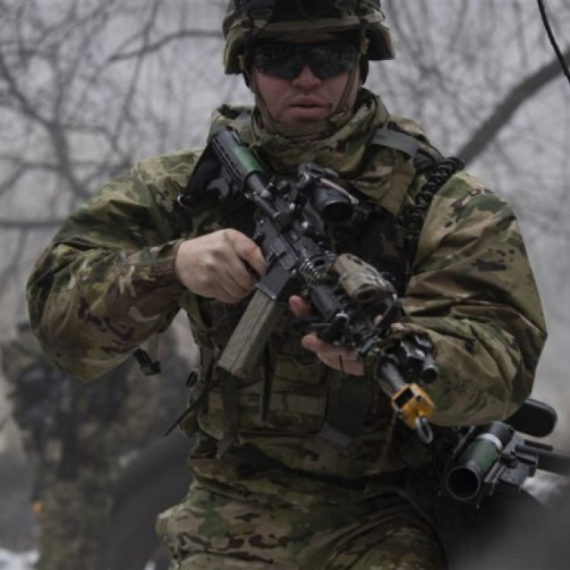
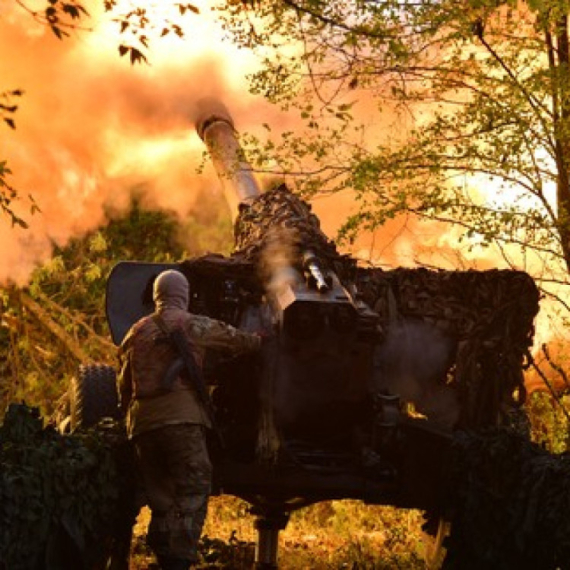
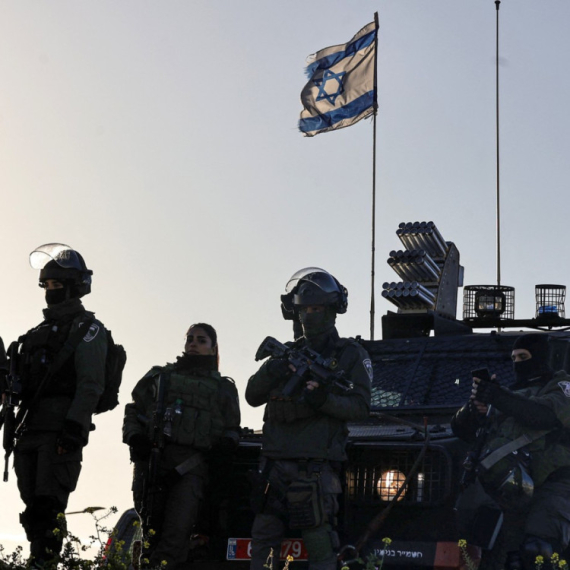
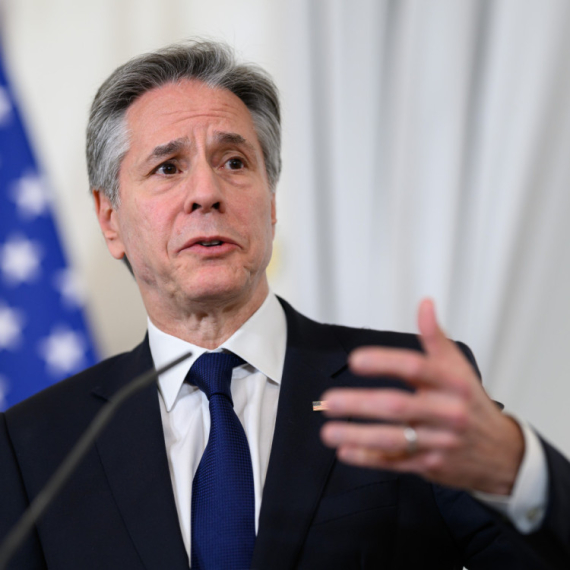
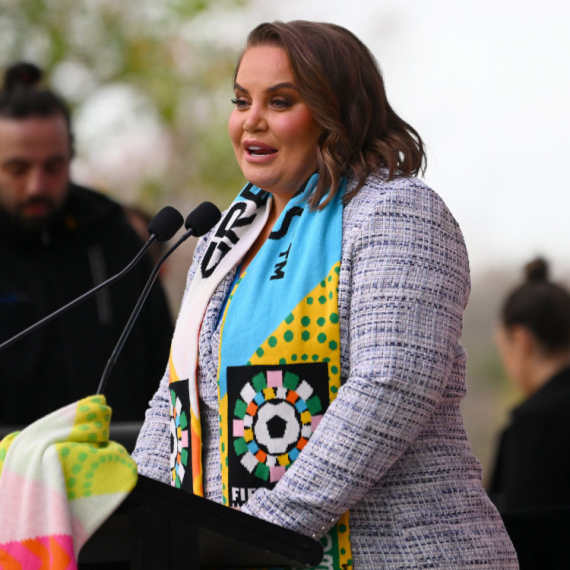



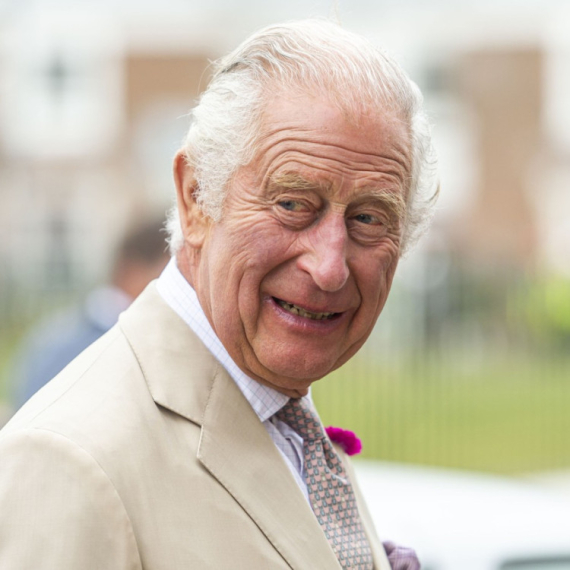
















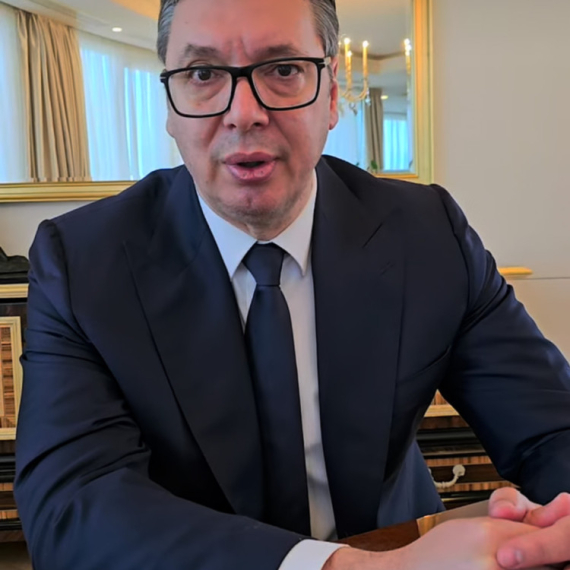
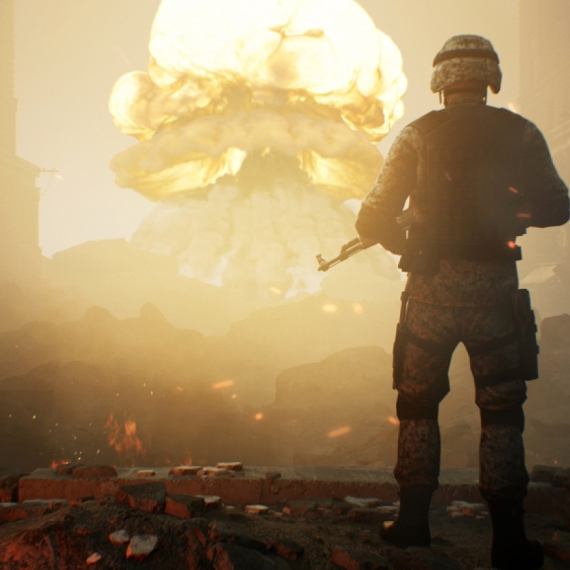
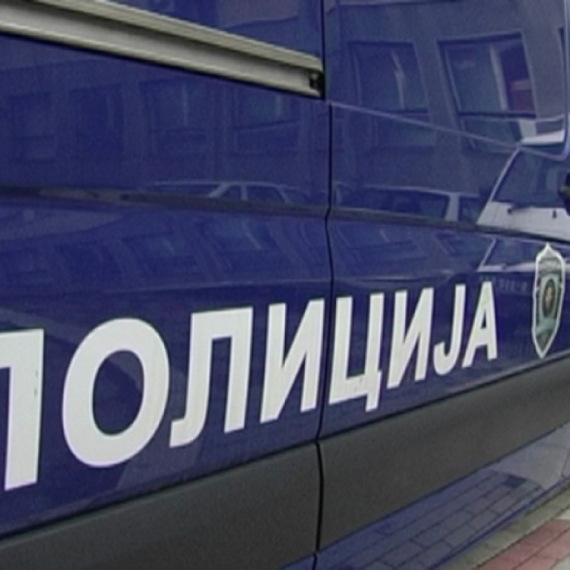











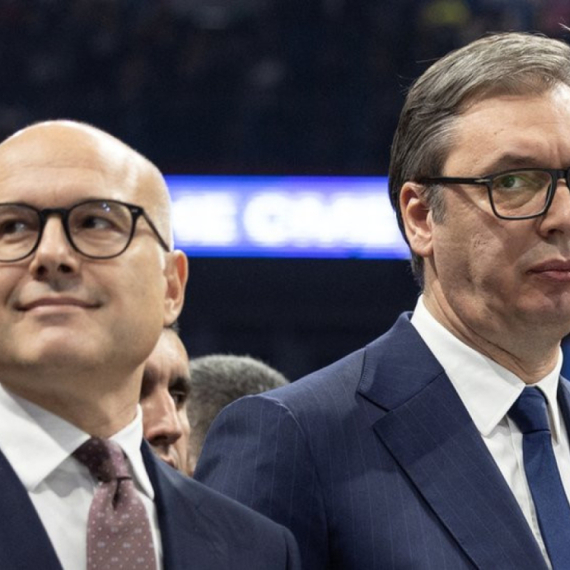

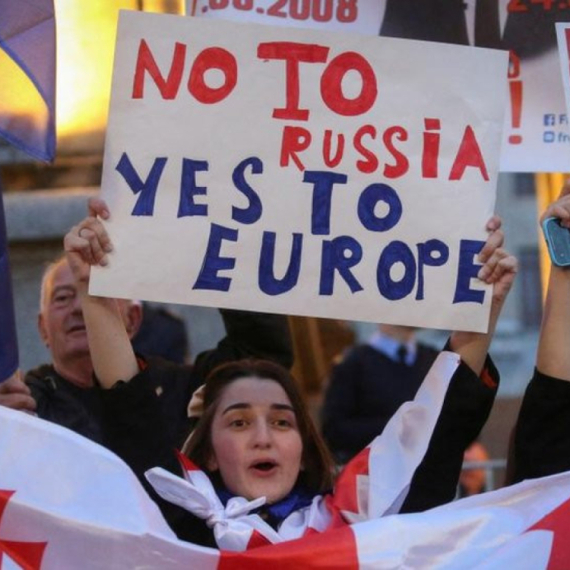

Komentari 29
Pogledaj komentare